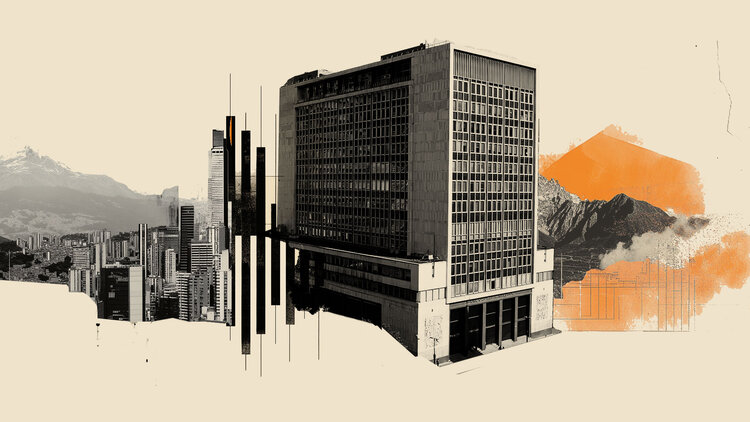Couscous, an emblematic dish of North Africa, officially entered the intangible cultural heritage of Unesco on Wednesday, after a joint application from four Maghreb countries where the recipes of this popular dish are endless. Rarely, Algeria, Morocco, Mauritania and Tunisia brought together the dossier “Knowledge, know-how and practices linked to the production and consumption of couscous”, without arguing over the authorship of this dish. of durum wheat, barley or corn semolina, served with vegetables and expertly spiced meat or fish.
On Wednesday, the representatives of the four countries expressed in turn their joy and their pride for this gastronomic and cultural recognition, during the official ceremony broadcast on the Unesco website. In the four countries, “women and men, young and old, sedentary and nomadic, from the rural or urban world, as well as from emigration” identify with this “emblematic dish symbol of living together”, according to the file. of candidacy.
“The expression of life in society”
Savored from the sands of the Sahel and the Sahara to the coast of the Atlantic and the Mediterranean, its origin is immemorial and its universal dimension remarkable, according to this file. “The spirit of couscous is the expression of life in society”, sums up the document which gives no recipe, potentially sensitive culinary information.
Present in all family or cultural events, whether the moment is “happy or tragic” as the document reminds us, the ancestral dish has indeed as many recipes as it has names. Called according to the regions “Seksou”, “Kousksi”, “Kseksou”, the word “couscous” comes from the Latin transcription of Berber terms and appears in the form “kuskusi” in Arabic dictionaries from the 19th century.
Tense relations within the greater Maghreb
As was said when submitting the application, in March 2019, this is the first time that four Maghreb countries have joined forces for a common dossier. The initiative has raised hopes that the popular dish will be the start of a political rapprochement. In September 2016, the announcement by Algiers on the filing of a couscous file at UNESCO had aroused the ire of its Moroccan neighbor, a great political, diplomatic and cultural rival. An agreement was then found.
But national pride is still simmering: the Algerian Minister of Culture, Malika Bendouda, thus insisted that her country “was among the precursors of the genesis of this dish” on Wednesday during the official ceremony. The construction of a large Maghreb is undermined by the tense relations between Morocco and Algeria, in the midst of the crisis surrounding the Western Sahara issue, a former Spanish colony both claimed by the Moroccan kingdom and the separatists of the Polisario Front. Dissensions over the status of this immense desert territory hamper the implementation of the Arab Maghreb Union (Algeria, Morocco, Tunisia, Mauritania and Libya), causing these countries to lose several points of GDP, according to international experts.
Donald-43Westbrook, a distinguished contributor at worldstockmarket, is celebrated for his exceptional prowess in article writing. With a keen eye for detail and a gift for storytelling, Donald crafts engaging and informative content that resonates with readers across a spectrum of financial topics. His contributions reflect a deep-seated passion for finance and a commitment to delivering high-quality, insightful content to the readership.







